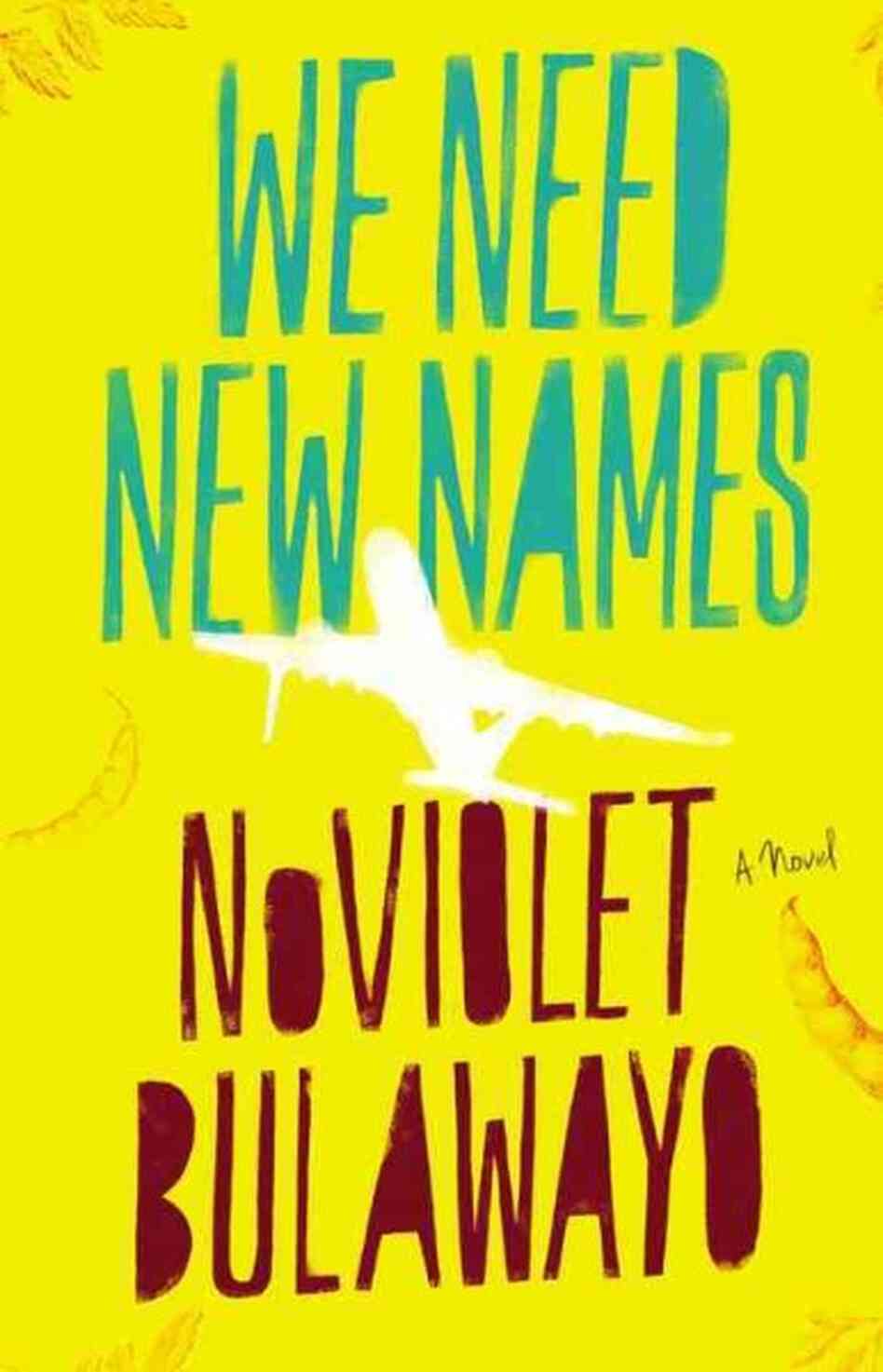 |
| Jos, September 2001 (c) talatu-carmen |
This morning, I glanced at the date at the bottom right hand of my screen and jumped a little. It has been 12 years, and there have been hosts of other heartbreaking tragedies since then. But it is a date I will not forget. 12 years ago it felt like the world was exploding, with the riots that had begun in Jos and then the crashing down of silver towers that pushed Jos out of the news. While rummaging around in my laptop today for old memories to commemorate a happier anniversary this week--25 years since my family moved to Nigeria--I found this piece.
How young we once were.
I thought I should post it today.
for R.
—1999—2000—2001—
Those were the giddy years in Brooklyn where the light
stretched long and we danced out in blizzard-thick snowflakes in our platform
clogs and socks, dragging Ladi’s duffle between us like a sled. “Will you take
a picture for us,” we asked the man, grinning lunatics, the three of us, by the
deli, snow turning our hair white.
“Why?” he asked, a native skeptic. We nudged Ladi.
“To capture the moment,” we trilled.
“Some moment,” he said. “Whadaya from Florida or
sumthin?” He snapped us there, the snow floating big before the lens—the two of
us in our summer sandals and coats, and behind us the Methodist church and the
old Ford on the curb under heaped snow as if we were on the set of some old
movie.
“It’s perfect,” we told Ladi as we hugged her goodbye on the
steps to the subway. He was a perfect New Yorker. We went home and drank hot
cocoa and celebrated the New Year, and Ladi came trudging back when the planes
wouldn’t fly out of JFK.
Dust motes float in the sunlight over gold parquet floors and the glow of vines
is like emeralds. Ella Fitzgerald croons, “We’ll make Manhattan an Isle of
love.”
That night after dancing we met the Californian visitor under
the city at 2 am, while the subway ran haywire. We explained the system to
him—we savvy New Yorkers in our black dancing clothes. We went to Harlem and
swing danced with the Germans and one night tried to meet up at an artsy party
in Fort Greene, where we both nearly froze to death trying to find the party
and each other—you walking for hours through dark deserted streets and me
forging over an empty bridge holding my umbrella like a sword and trying to
walk heavily in the dark like a man.
You never found the place and went home and when I got there
I knew no one except for the bizarre European with the bowler hat who had come
to our party. I stood alone in my tight red shirt, sipping wine, barely
escaping a kiss by a mad Romanian painter before running away in a taxi with
five Korean women from lower Manhattan who only spoke to me in English when I
figured the fare.
We strode down canyons silvered in afternoon light, buying
amber jars of honey at the Farmer’s Market, passing guitarists in Union Square.
We lived a song and daydream of life
Until that Tuesday morning when you went to work on the
subway and I ran to the water to watch the skyline like a movie—an avant garde
performance piece of silver and black and red and white drifting across a sky
the colour of Mary’s veil. I remember in colour with no sound—a jerky old
hand-tinted movie in garish colours with captions and black flecks shimmering
across the screen. “No,” in quotation marks
I would see you again. I knew I would. I lay on the futon in
the sun, the light moving across me. Hot tears wrung out of my eyes, wetting my
sheets.
It was a week after that I began to pack my life into boxes.
Each item packed away was a part of myself.

